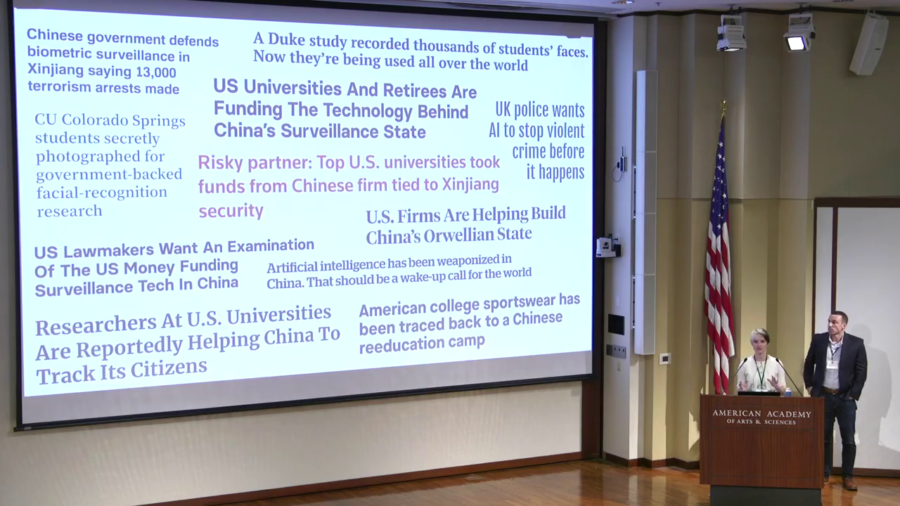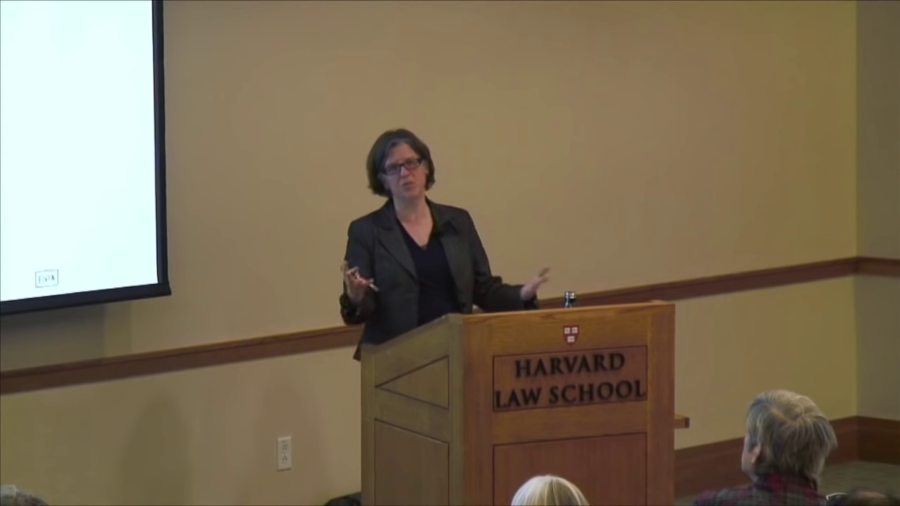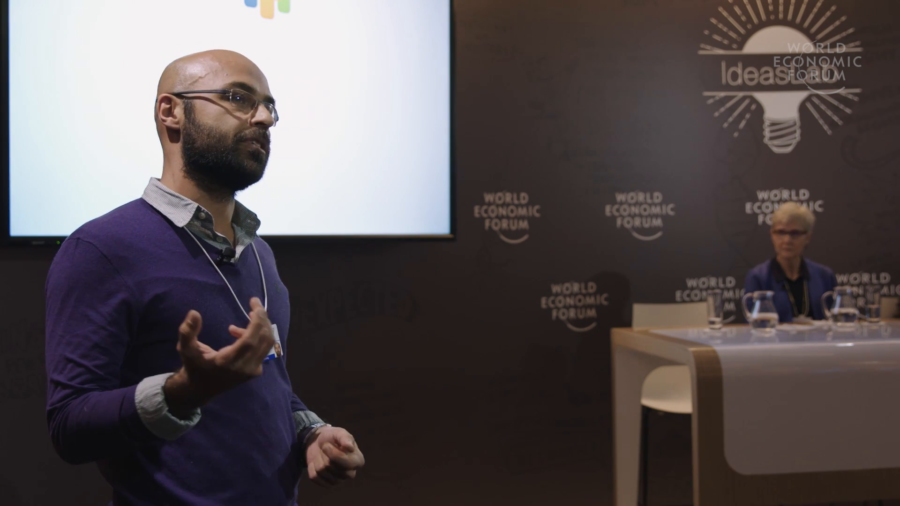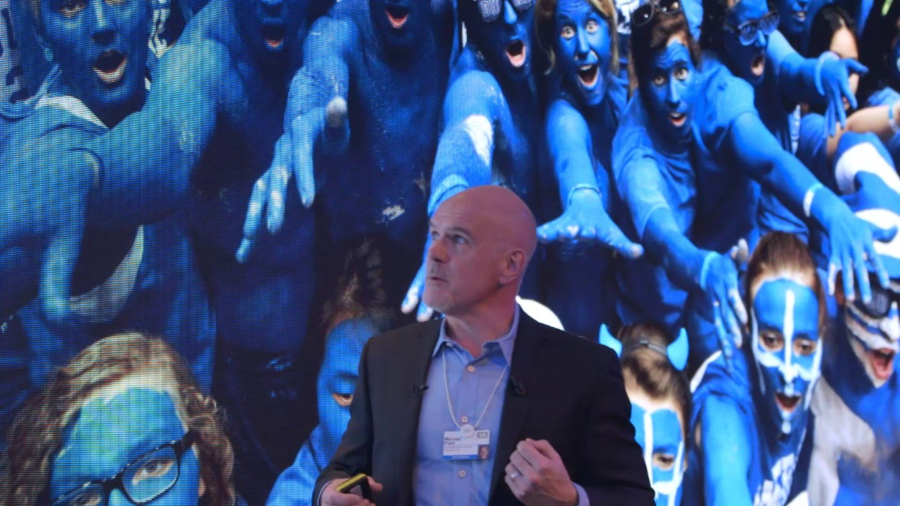It’s wonderful to be here in Davos sharing our commitment to improving the state of the world. And the recipe is really I think quite simple. All you’ve got to do is grow the economy, increase participation in that economy, within a rapidly-changing world, with increasing automation and technology, on a planet that’s straining to meet our resource needs. Piece of cake, right?
Archive

We wanted to look at how surveillance, how these algorithmic decisionmaking systems and surveillance systems feed into this kind of targeting decisionmaking. And in particular what we’re going to talk about today is the role of the AI research community. How that research ends up in the real world being used with real-world consequences.

I start the story in 1819 rather than 1980. And that allows me to do some very specific work, which is to talk about what I think of as the deep social programming of the tools that we’re now using in public services across the United States.

In the course of Donald Trump’s rise to power, people have repeatedly been asking, “Why did he tweet that? What was he thinking about?” Our fascination with his mental states highlights a very important question for us: What happens in our minds and brains when we try to influence others?

